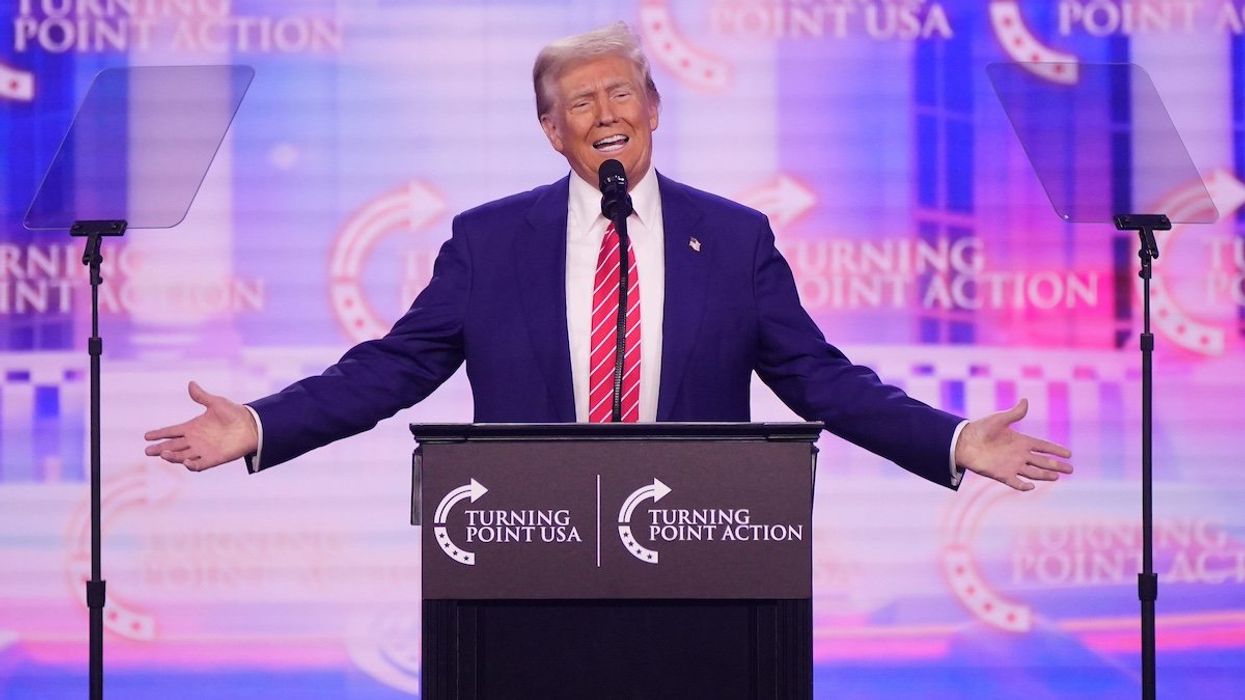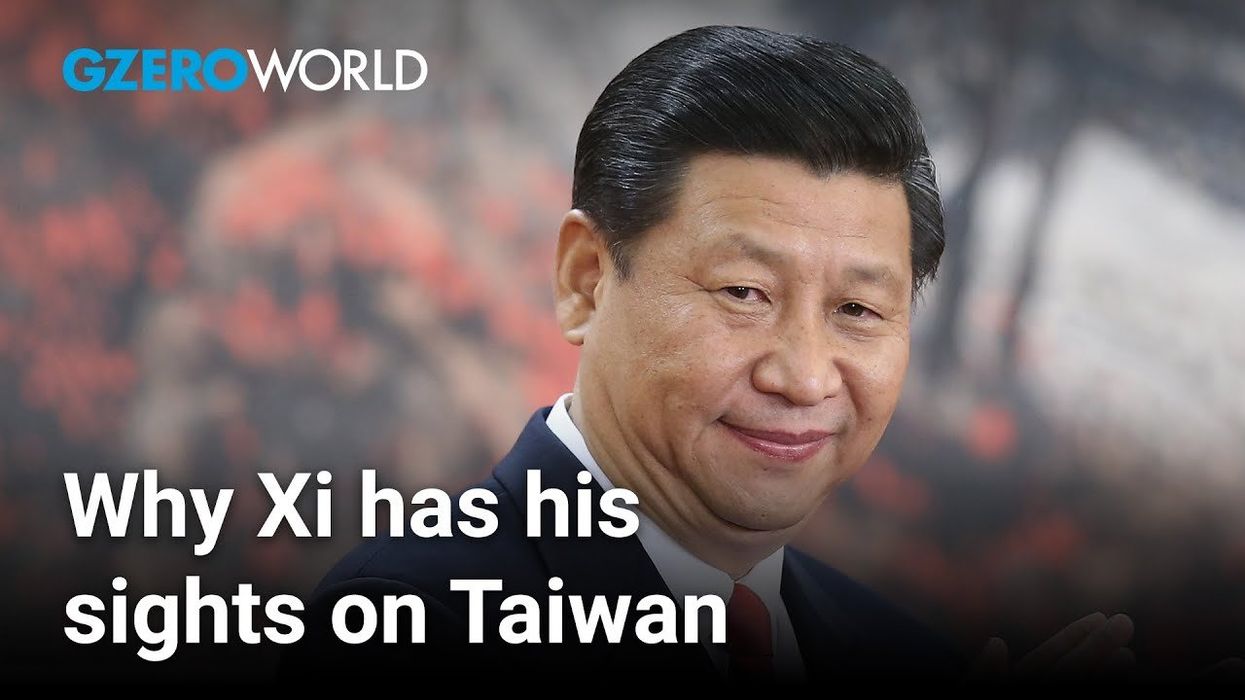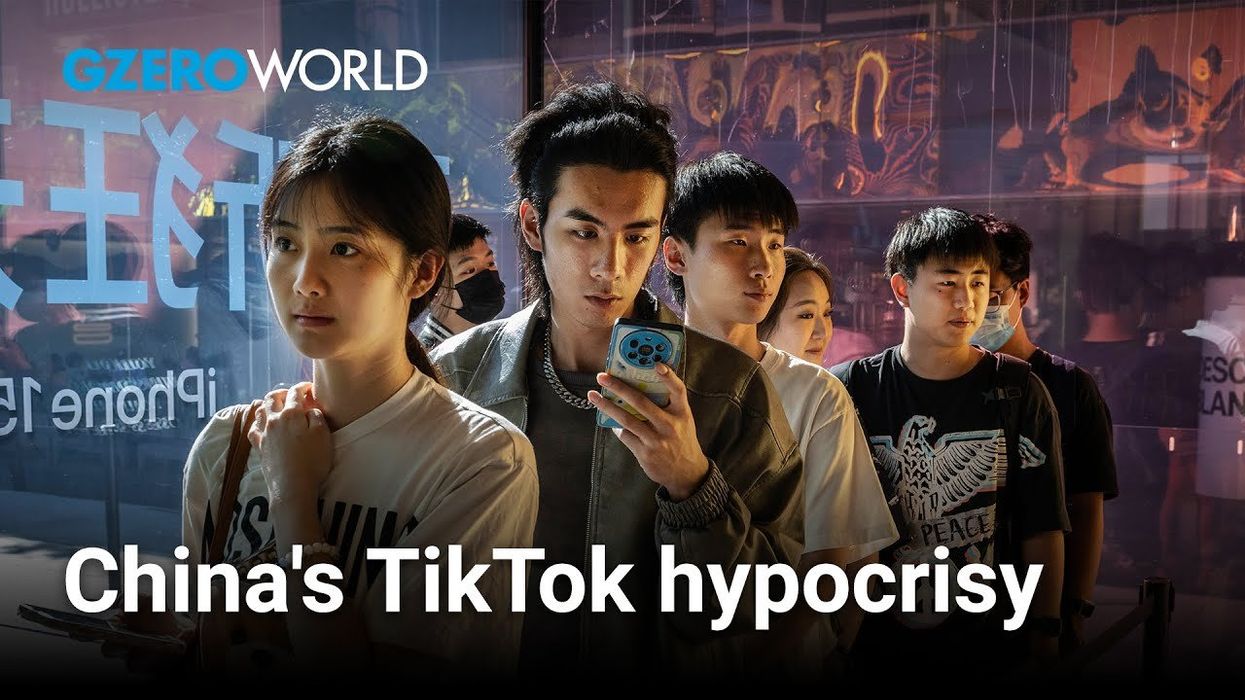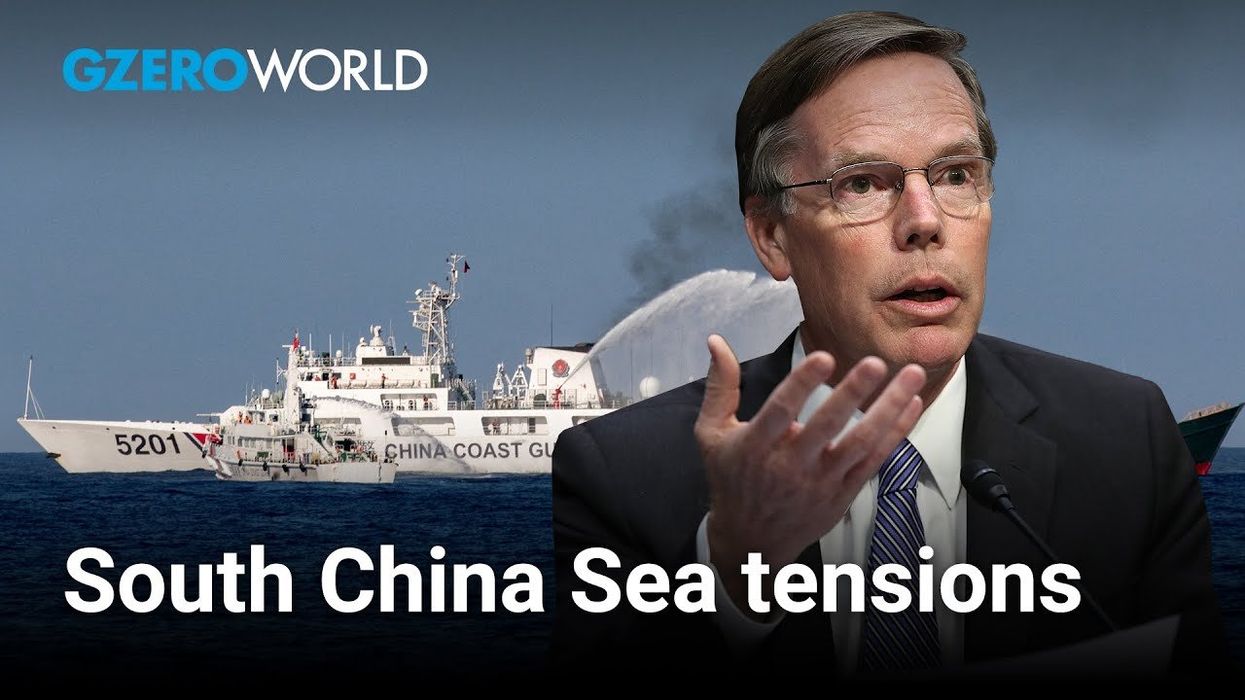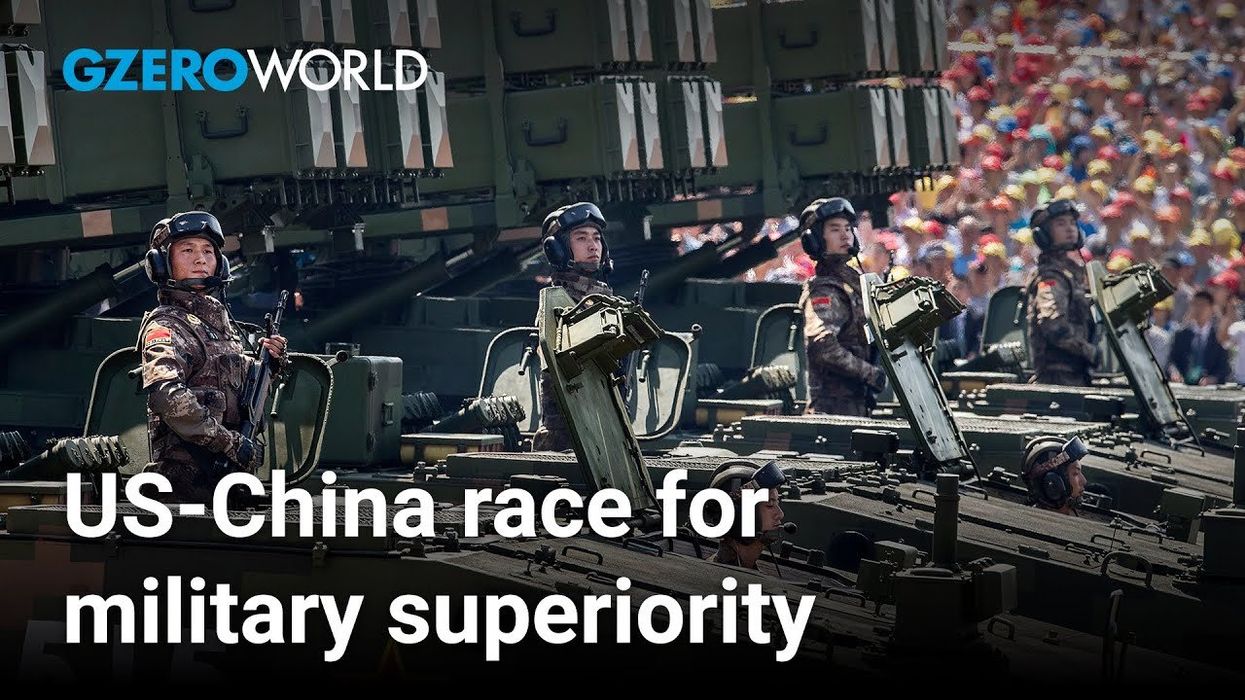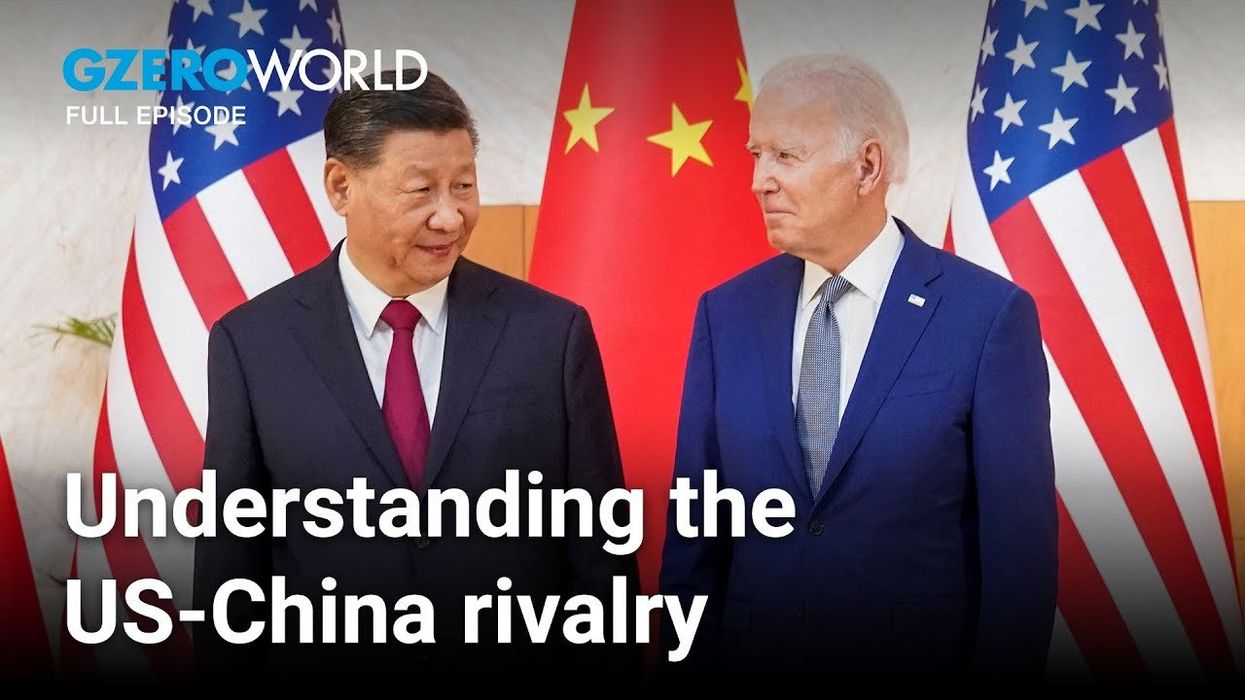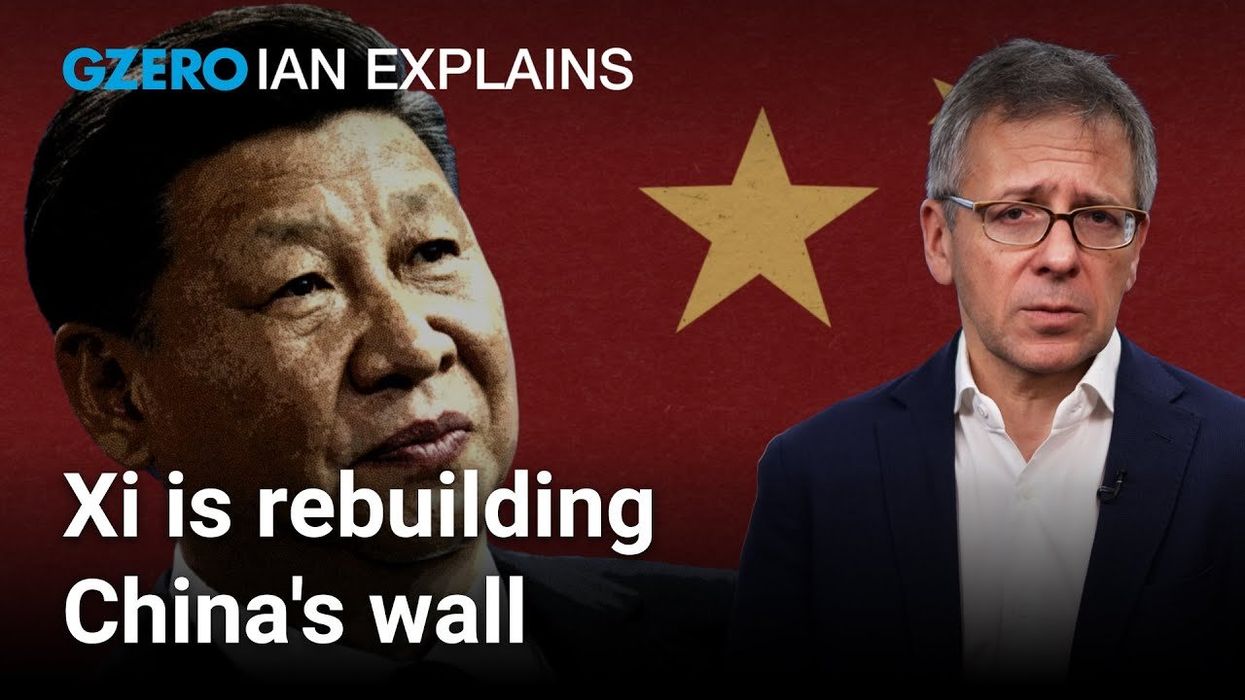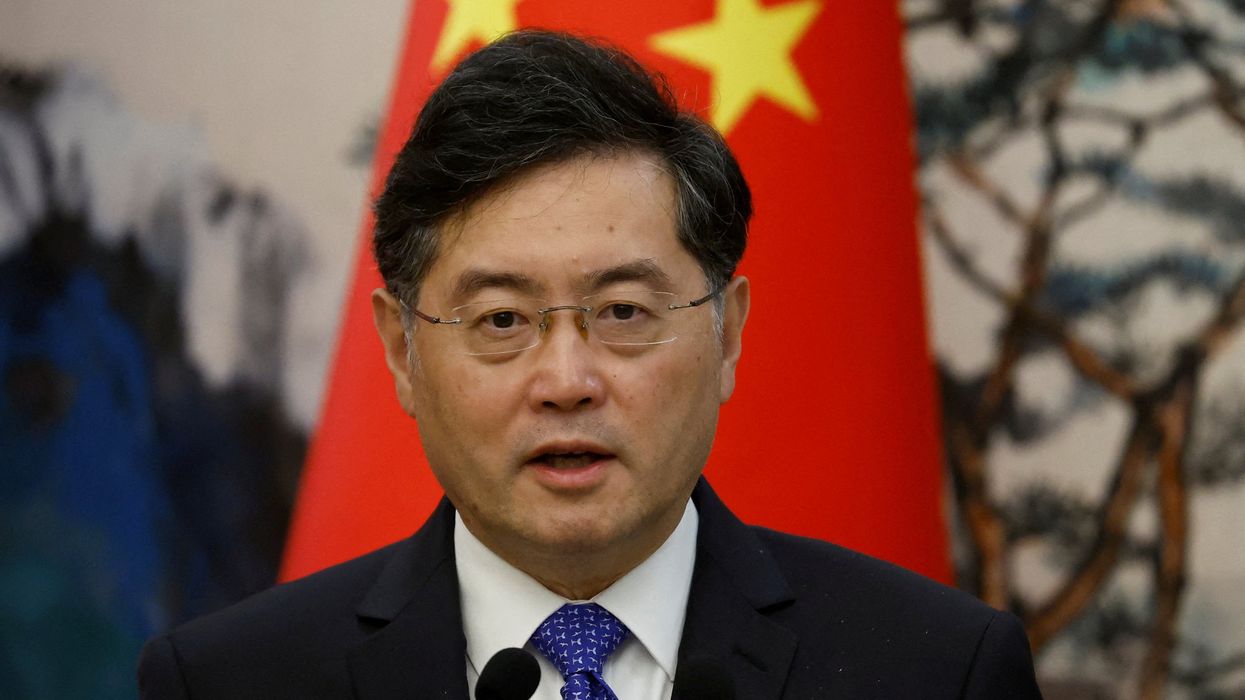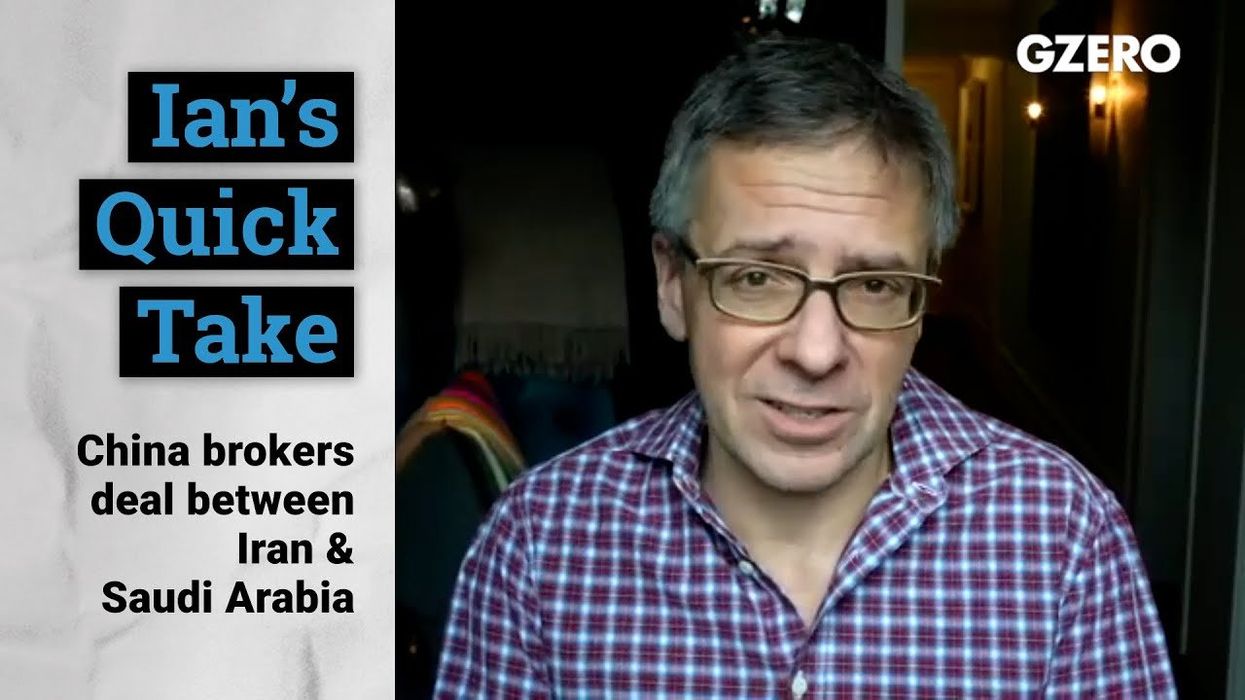What We're Watching
What would it mean for the US to leave the World Health Organization?
President-elect Donald Trump’s advisors are reportedly urging him to pull the United States out of the World Health Organization on his first day in office, according to a report published Sunday in the Financial Times.
Dec 22, 2024
